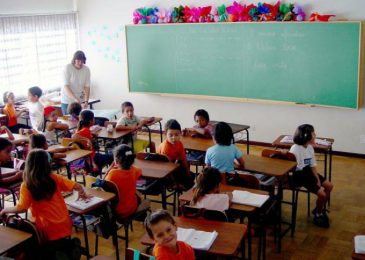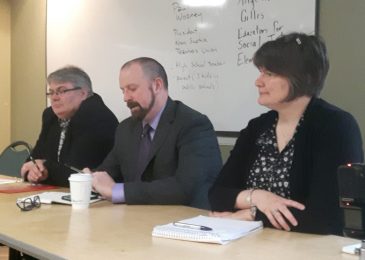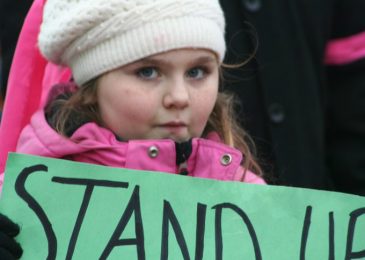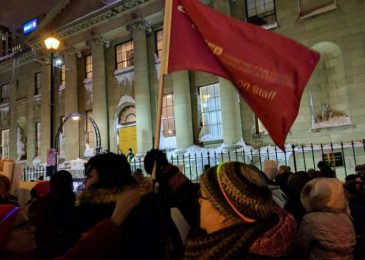Media release: Child poverty impacts every classroom in Nova Scotia
Media release: “When a child is hungry; when they aren’t sure where home will be at the end of the day; when they don’t have adequate clothing; it’s very hard for them to focus on learning,” says Wozney. “The evidence is clear that on average, children living in poverty experience worse academic outcomes and are twice as likely to drop out of school. They also have a much higher chance of developing a mental health issue.”







